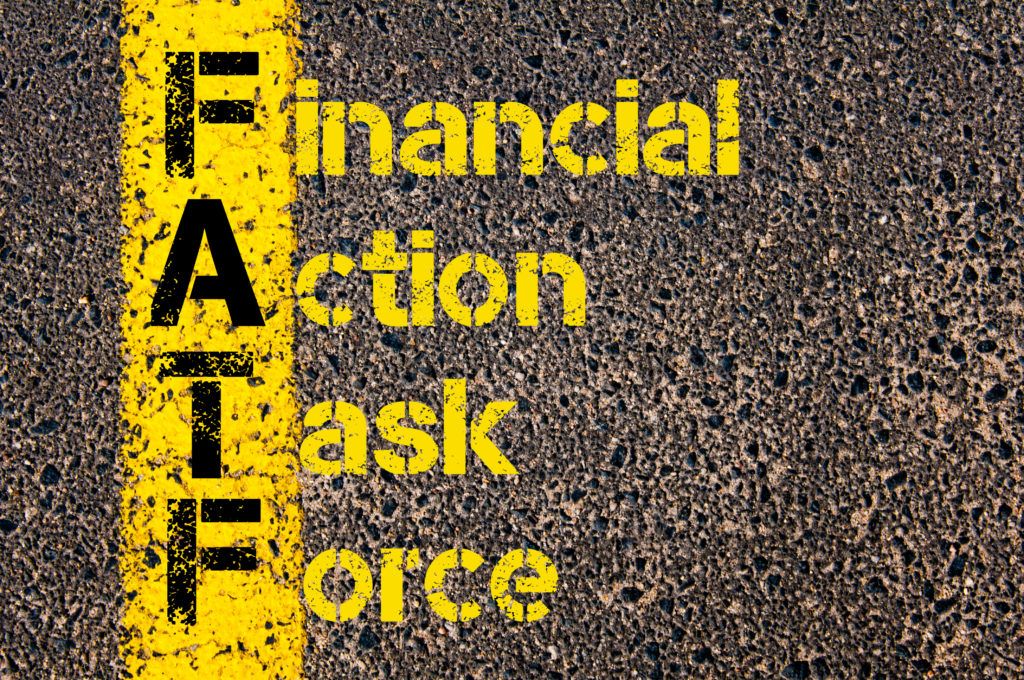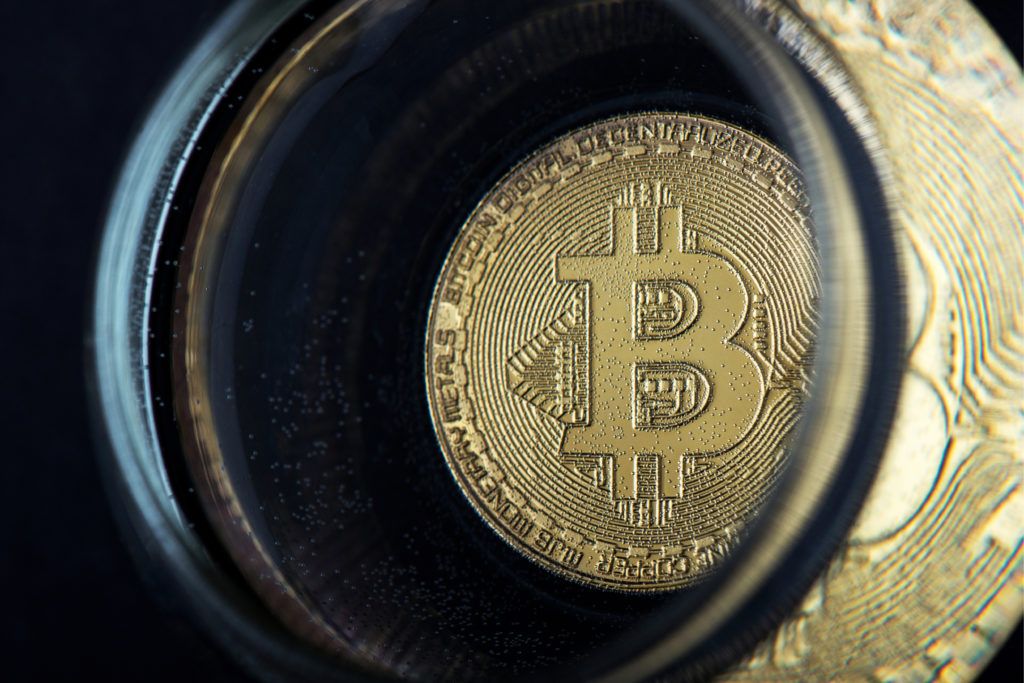In a recent report, the plenary board of the Financial Action Task Force (FATF) has suggested a new set of protective measures that should be taken by member states regarding digital asset trading platforms.
Most of these measures are in line with previous fiat-related anti-money laundering (AML) and anti-terrorist financing (ATF) protocols but are being applied to digital assets.
The statement reflects a growing international concern regarding how digital assets are traded and the risks they provide for governmental regulatory bodies. Because of the relative anonymity of digital currencies, governments and international bodies like the FATF are pursuing greater levels of accountability from the entities that allow trading.

What the FATF?!
The FATF is a 38-member inter-governmental body designed to combat money laundering and terrorist financing. Its members include the US, most of Europe, China, India, and others. The purpose of the body is to suggest to member states those regulations that would best provide the sort of financial accountability the body deems necessary. The areas which have come under most scrutiny are those that allow for the low-regulation transfer of funds.
Controlling Digital Assets
The difficulty with controlling digital assets is found in the ability for holders to transfer them between wallets with some degree anonymity. This offers underground groups just the sort of market structure needed for potential criminal activities. However, for the vast majority of digital currency users, transfers take place through digital exchanges or virtual asset service providers (VASPs), according to the report. These entities facilitate the transfer of digital funds and are, therefore, under the most scrutiny for following protocols that allow for the control and regulation of the currencies. In fact, the report suggests that countries should:…apply a risk-based approach to ensure that measures to prevent or mitigate money laundering and terrorist financing are commensurate with the risks identified. Countries should require VASPs to identify, assess, and take effective action to mitigate their money laundering and terrorist financing risks.

Lay Down The Law
The report also details that sanctions should be applied to enforce the necessary regulations. As with most financial enforcement, the report suggests that those sanctions and penalties should be applied, not only to the companies themselves but to their leadership. It states:Countries should ensure that there is a range of effective, proportionate and dissuasive sanctions, whether criminal, civil or administrative, available to deal with VASPs that fail to comply with AML/CFT requirements, in line with Recommendation 35. Sanctions should be applicable not only to VASPs, but also to their directors and senior management.The obvious implication is that, for those VASPs not willing to scrutinize their users, sanctions will be applied from the top down. This would certainly apply to digital exchanges, making users subject to complete governmental regulation — a principle Bitcoin founder Satoshi Nakamoto sought to reject.

Adoption or no?
Whether the regulations will be adopted by all 38 countries is not yet clear. However, it is important to take note of the increasing scrutiny that digital assets are coming under by governmental regulatory bodies. Such regulation, while touted by many as helpful, will also require increasing levels of accountability to governing agencies. For now, these are mostly focused on informational, rather than transactional controls. However, the step to even greater regulation is small. Think the suggested FATF will be adopted by most nations and decrease the freedom in digital currency exchange, or will they be rejected or applied in limited ways? Let us know in the comments below!
Top crypto projects in the US | April 2024
Trusted
Disclaimer
In adherence to the Trust Project guidelines, BeInCrypto is committed to unbiased, transparent reporting. This news article aims to provide accurate, timely information. However, readers are advised to verify facts independently and consult with a professional before making any decisions based on this content. Please note that our Terms and Conditions, Privacy Policy, and Disclaimers have been updated.

Jon Buck
With a background in science and writing, Jon's cryptophile days started in 2011 when he first heard about Bitcoin. Since then he's been learning, investing, and writing about cryptocurrencies and blockchain technology for some of the biggest publications and ICOs in the industry. After a brief stint in India, he and his family live in southern CA.
With a background in science and writing, Jon's cryptophile days started in 2011 when he first heard about Bitcoin. Since then he's been learning, investing, and writing about cryptocurrencies and blockchain technology for some of the biggest publications and ICOs in the industry. After a brief stint in India, he and his family live in southern CA.
READ FULL BIO
Sponsored
Sponsored

